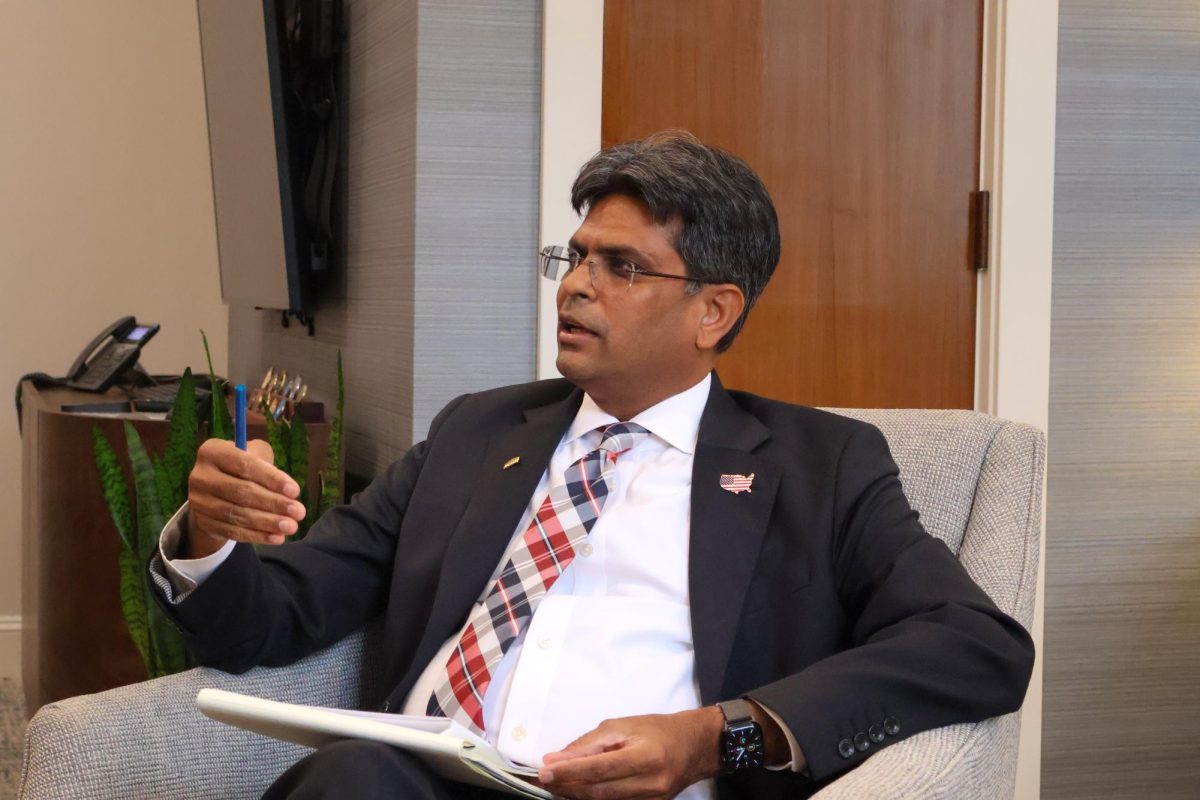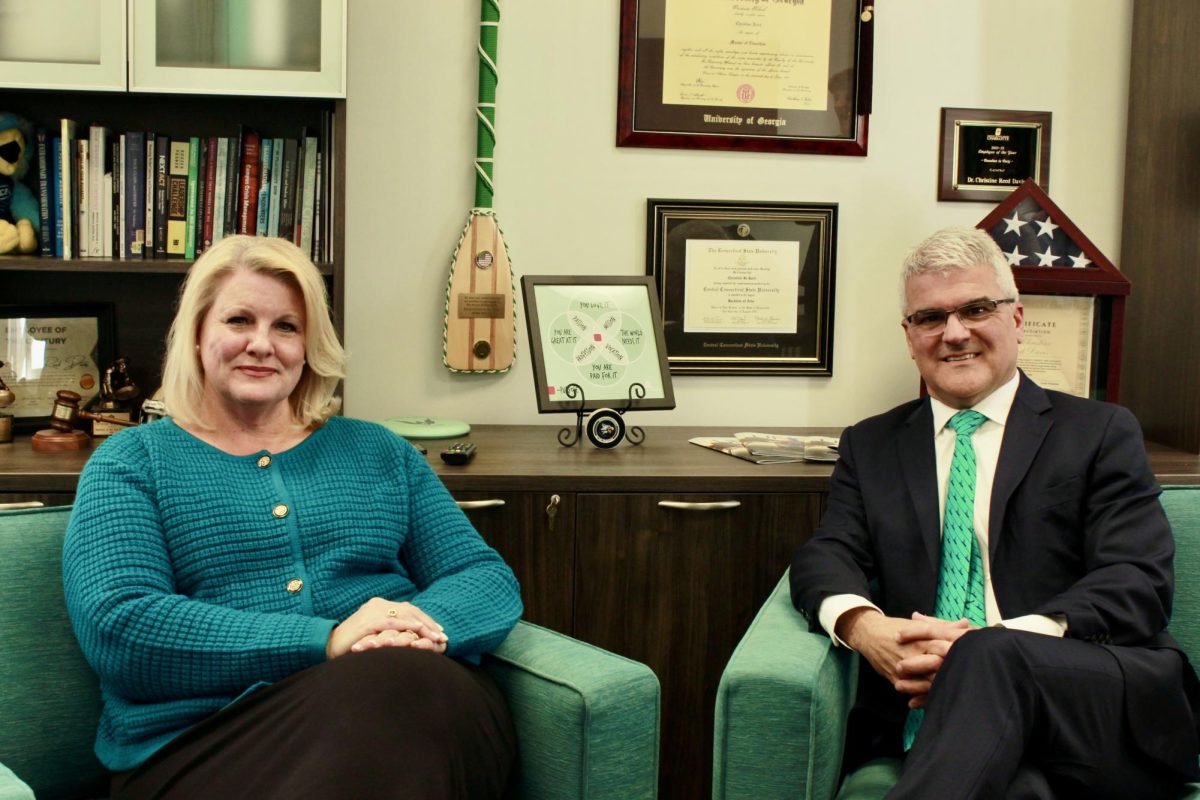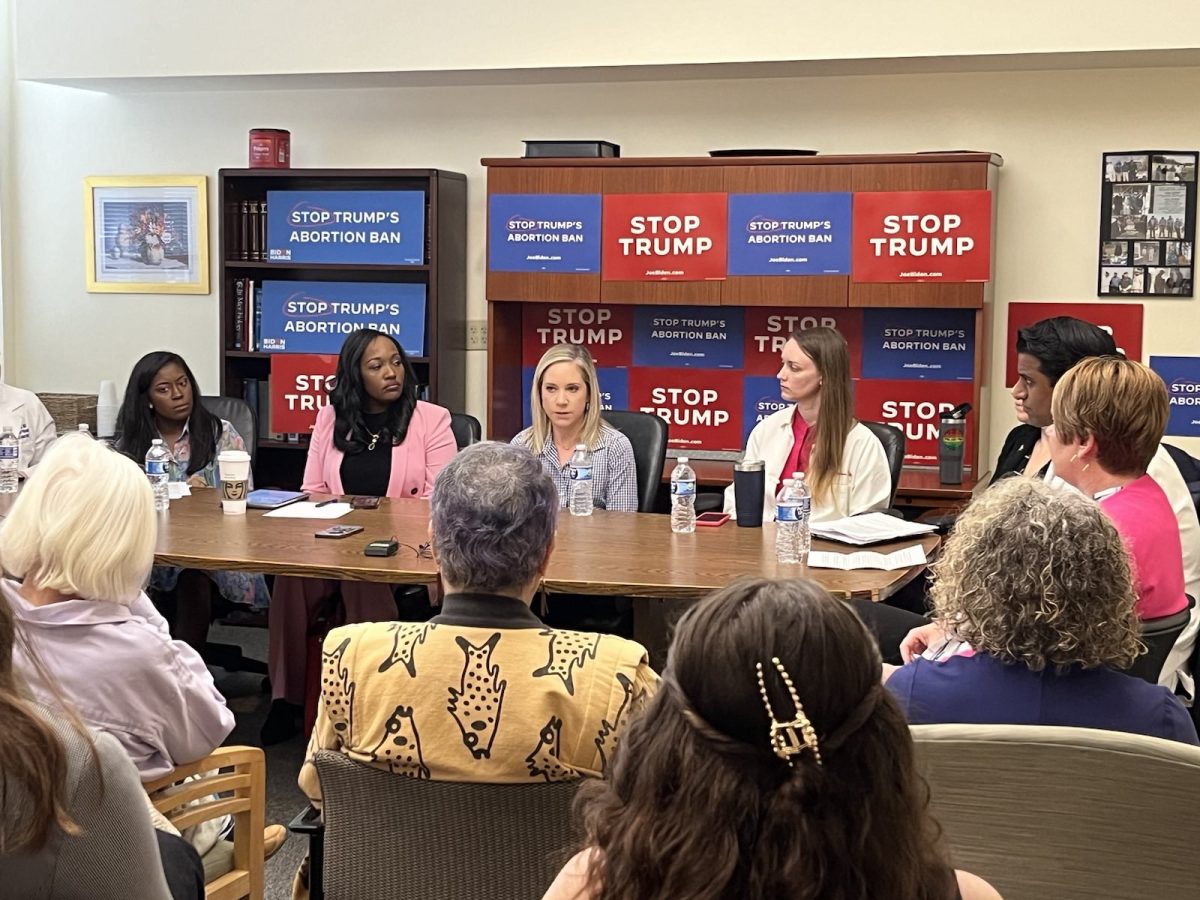
As Americans consider the recent election results, many are left wondering: what is coming next? The nation is split between those who are celebrating the outcome, and those who are fearful for their future. As we enter a second Donald Trump presidency it’s important to consider how it will differ from Joe Biden’s administration, and what changes to look for. As Americans think about the results of the election, many are left wanting to know what another Trump presidency actually means for women, LGBTQ+ and many other individuals.
As women navigate life after the election, the topic of abortion access is one that is the most prevalent. The Harris-Walz administration was running on the promise to restore Roe v. Wade and make it federally legal, while the Trump administration focused more on leaving the policies of abortion up to the states. Towards the end of his campaign, Trump attempted to take back these statements to gain favor from women, stating that he would veto a national abortion ban if elected again.
A crucial part of Trump’s campaign has been Project 2025. This document seeks to make limiting abortion access a priority, and not only does the project affect abortion care, but it affects access to birth control and other contraception. While Trump has never directly backed this document, his running mate has, J.D. Vance, wrote the forward for one of Kevin Roberts’ upcoming books, “Dawn’s Early Light.” Kevin Roberts is a driving force behind Project 2025 and has stated that he was rooting for Vance to be the vice-presidential pick for Trump. Vance has praised the Heritage Foundation, the organization that developed the project, stating that they were “the most influential engine of ideas for Republicans from Ronald Reagan to Donald Trump.” With Trump and Vance in office, women around the country are worried its ideas will be implemented. But regardless of if Project 2025 becomes a reality, the Trump administration has run on the policy of leaving abortion rights up to the states.
UNCW Student Catie Ferguson said, “I am disgusted.” Ferguson went on to mention how she is saddened by the fact that women may now have less rights than her mother did growing up. Ferguson says that even if you are pro-life, “women should always have the right to choose.” She feels a second Trump presidency will take away from that, and that “the government shouldn’t have any say over someone else’s body.”
Another student, Addison Pfleegor, says that she feels “shocked by the world we live in right now.” She says that she doesn’t think these policies should be left up to the states and that it feels “dystopian.” Pfleegor goes on to mention that three states have now banned abortion because of policies limiting abortion in certain states, including a ban after conception in Alabama, Arkansas and Idaho, and a ban at six weeks in Iowa and S.C. Pfleegor is worried that IVF and birth control are now in jeopardy. Pfleegor explained that “sometimes birth control isn’t used for traditional reasons, there are sometimes medical explanations for using it,” such as conditions like PCOS which Ferguson herself suffers from. These young women are feeling fearful for what a second Trump presidency means for them.
LGBTQ+ individuals, especially transgender individuals, are feeling worried for what living under Trump could mean for them. Trump campaigned on the promise that he will “protect our children from left-wing gender insanity.” He wishes to revoke Joe Biden’s policy on gender-affirming care, and completely ban these procedures from taking place. Transgender individuals and transgender children across the country are worried they will no longer have access to these procedures after Trump’s reelection. They believe that Trump’s policy is infringing on their right to be who they are and have access to care that makes life easier for them. The administration’s anti-transgender policies placed on this group have raised concerns for LGBTQ+ individuals everywhere. But it’s not only transgender individuals who are fearful, it is gay, lesbian and bisexual individuals and many other groups of the community that are worried for their personal rights. Going back to Project 2025, the document has a section (page 451) that focuses on rolling back protections for LGBTQ+ individuals. Many members of this community are worried a second Trump presidency could mean no longer being able to be in their relationships or get married in the future.
UNCW students Ava Maaske and Johnathan Francoeur are LGBTQ+ individuals themselves who are feeling discouraged by the election results. Francoeur states that he feels “nervous going into the next four years due to the uncertainty of many of the stances that Donald Trump and his vice president have.” He believes that this election affects everybody directly because of the president’s power over the country, no matter what sexual orientation or race you are. Maaske states that she is afraid “she may not be able to get married or have kids depending on who [she] decides to marry.” She mentions that she feels like the fate of who she loves is now up in the air based on the president’s beliefs. However, Maaske does not feel like the presidency affects her directly right now. She says part of her is still “keeping hope” due to local and state officials being able to “protect current laws.” Maaske feels that current ideas, at least in N.C., will be kept safe for now, and that is giving her peace of mind.
Trump’s campaign largely focused on illegal immigration and what policies he plans to put in place because of it. Trump has called for a mass deportation of illegal immigrants around the country, something that could have a detrimental effect on the nation’s economy. With mass deportation would come a severe drop in foreign-born workers that play a large role in the country’s economic growth. As the older generation begins to retire, these foreign-born workers are crucial to the nation, and Trump’s strict immigration policies will severely reduce their ability to receive these jobs. Trump’s argument is that these immigrant workers take away jobs from U.S. citizens and reduce wages for the American public. However, economists argue that the case is the opposite. Trump’s idea of mass deportation could actually slow economic growth and lead to higher unemployment. Foreign-born workers were crucial after the pandemic for bouncing-back the economy, creating a booming job market. Taking these workers back out of the country would be detrimental for our nation. Trump has also voiced support for an end to birth-right citizenship. While this would require a Constitutional change and is less likely, it proves what his attitude is towards immigrants and any foreign person entering the country. As people with immigrant family members across the country witness the election, fear of the policies becoming a reality is widespread.
Many members of the nation are afraid and believe that it may be warranted. Minorities across the country are worried for their rights, and what four more years of Trump means for them personally as well as friends and family. As Kamala Harris stated in her 2024 concession speech, “sometimes the fight takes a while.” She states that it is important not to give up, and that something is never impossible just because it hasn’t been done before. Instead of being fearful, these groups plan to rise and continue the fight for their rights. It will never be over, and they will never stop fighting for what they believe in.





















Nathan A Keyman • Jan 19, 2025 at 1:19 pm
what will this around of trump look like till 2028
Emily Deaver • Nov 18, 2024 at 6:46 pm
Very well written and highly informative. Loved the use of hyperlinks to directly back up the claims made.